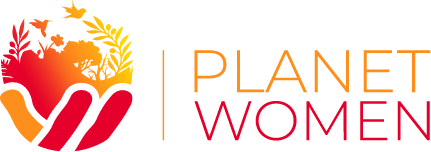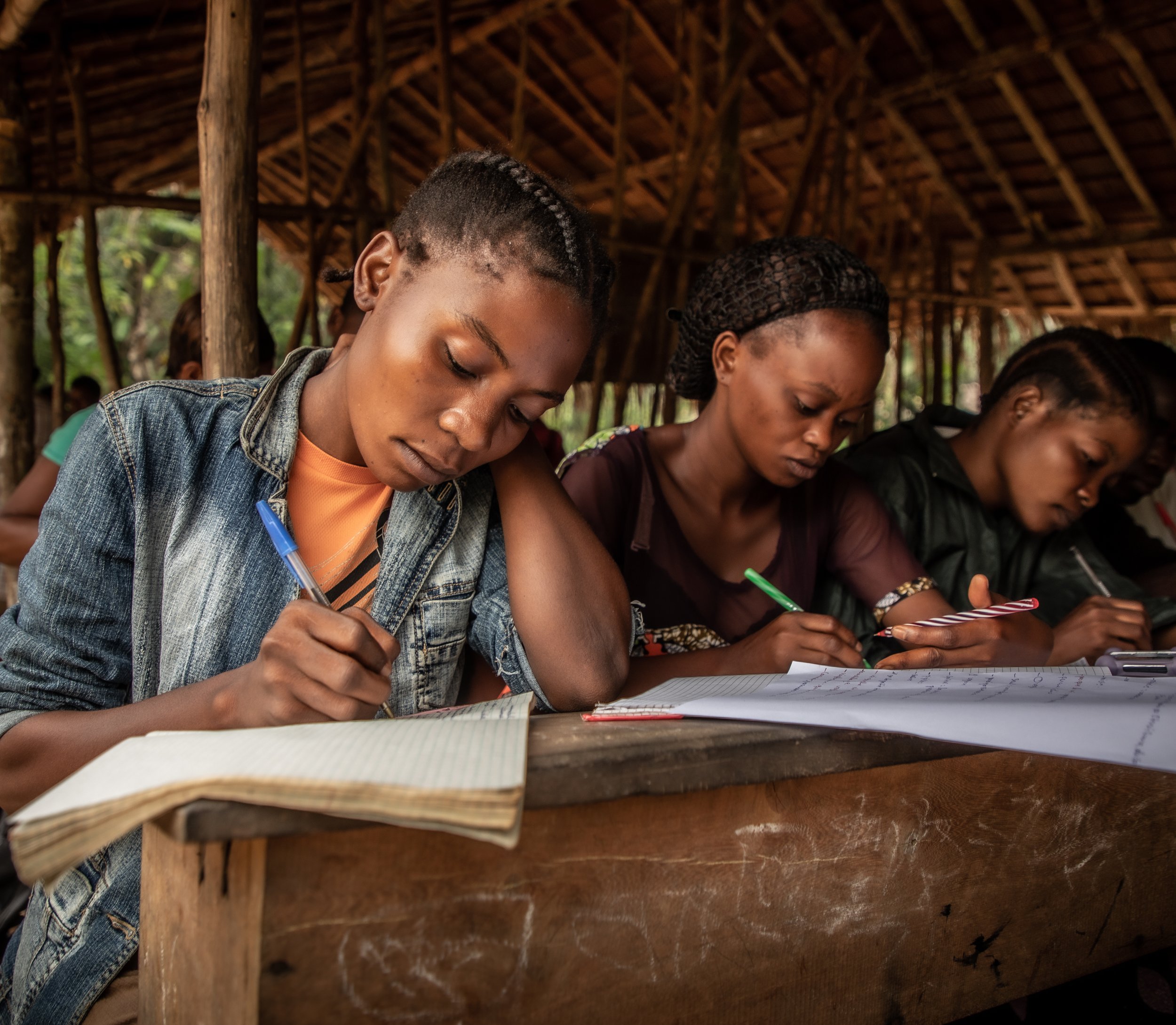Grantee Highlight: Congo Education Partners
It’s back to school season, which is the perfect time to spotlight one of the organizations we are proud to support with grant funding: Congo Education Partners.
Congo Education Partners (CEP) was established in 2013 to build the capacity of Djolu Technical College (DTC). DTC is the only accredited higher education institution providing programs in agricultural and environmental science in Tshuapa Province, a remote and poverty-stricken region the size of England that encompasses vast swaths of intact rainforest and all or part of five nature reserves. DTC, founded and led by Congolese, is a regional center for excellence in education, research, and community outreach in sustainable agriculture, forest conservation, and nursing and public health.
CEP’s mission is to work with local communities to protect Congo's rainforest and improve people’s lives through higher education and training. Sixty percent of the Congo Basin Rainforest is in the Democratic Republic of Congo (Congo or DRC), so empowering local Congolese people – both women and men – to protect their forest is essential for the future of the world’s second largest rainforest.
Students at Djolu Technical College. © Pappy Orion.
Decades of rainforest conservation efforts around the world have taught us that comprehensive and lasting change depends on local community engagement and leadership. Planet Women’s new grant to Congo Education Partners has two main goals: funding DTC professors’ salaries and providing scholarships to women students. Both are key to increasing the number of local women professionals and leaders in Tshuapa Province’s rainforest.
In 2023, Congo changed its education system to better align with international norms in higher education. As part of these nationwide academic reforms, the need for CEP funding for DTC professors’ salaries has increased significantly. The college has added courses, curricula and faculty to comply with the reforms, and all faculty must now have master’s degrees, which require higher salaries. Increasing the number of courses, curricula, and faculty members at the college also raises the cost of educating DTC students.
The other essential element needed to increase the number of educated women in the region is scholarships. In rural Congo especially, women don’t have the same educational opportunities as men. CEP is helping to level the playing field in Tshuapa Province. Cultural norms, family expectations and financial challenges all must be overcome for women to attend college, and through women’s scholarships, we can eliminate the financial barriers.
Bijou Longenge. © Vie Sauvage.
One inspiring example is Bijou Longenge, a DTC alumna who previously worked as the logistician of Harvard University’s bonobo research project in the Kokolopori Bonobo Nature Reserve. Planet Women supported Longenge’s Bachelor’s degree studies, which she completed in late 2023. Starting in January 2025, CEP will support her MSc studies in Kisangani so she can return to teach at DTC in 2027. In addition, CEP currently funds 16 scholarships for women students at DTC’s main campus in Djolu. Women at the college’s satellite campuses in Kokolopori and Lingomo are also seeking scholarships, and thanks to Planet Women, CEP can contribute to their undergraduate education as well.
Support Planet Women and Our Partners
Planet Women provides low-barrier grant funding to more than 20 partner organizations—like Congo Education Partners—in the Amazon River Basin, the Congo River Basin, and the Colorado River Basin. We’re also strengthening the environmental movement through leadership trainings and gatherings for professionals and organizations working for a healthy planet. Please help sustain this work by making a gift below.


